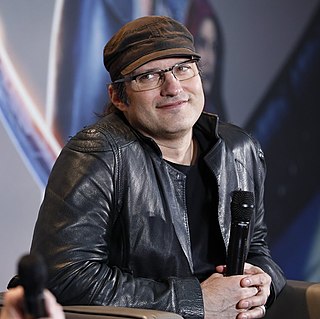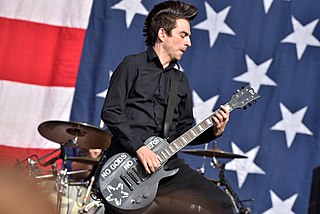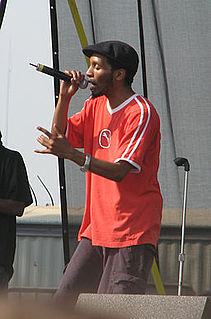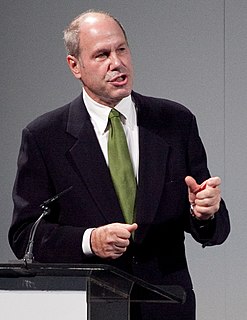A Quote by Robert Rodriguez
Creative people are notoriously the slowest to adopt new technology.
Quote Topics
Related Quotes
I now say that the world has the technology - either available or well advanced in the research pipeline - to feed on a sustainable basis a population of 10 billion people. The more pertinent question today is whether farmers and ranchers will be permitted to use this new technology? While the affluent nations can certainly afford to adopt ultra low-risk positions, and pay more for food produced by the so-called "organic" methods, the one billion chronically undernourished people of the low income, food-deficit nations cannot.
Hip hop is just a reflection of what's going on, or where the art is....Technology definitely gives artists a new mind, new voice and creativity. Right now people need to be more places at once....so whatever can get people to the next level to be efficient is how technology is going to be used......The danger is if people are relying too much on the machines, that new mind and new voice always has to come from within.
The over-all point is that new technology will not necessarily replace old technology, but it will date it. By definition. Eventually, it will replace it. But it's like people who had black-and-white TVs when color came out. They eventually decided whether or not the new technology was worth the investment.
It's easy to fall into the trap of assuming that a new technology is very similar to its predecessors. A new technology is often perceived as the linear extension of the previous one, and this leads us to believe the new technology will fill the same roles - just a little faster or a little smaller or a little lighter.
The most revolutionary aspect of technology is its mobility. Anybody can learn it. It jumps easily over barriers of race and language. ... The new technology of microchips and computer software is learned much faster than the old technology of coal and iron. It took three generations of misery for the older industrial countries to master the technology of coal and iron. The new industrial countries of East Asia, South Korea, and Singapore and Taiwan, mastered the new technology and made the jump from poverty to wealth in a single generation.






































